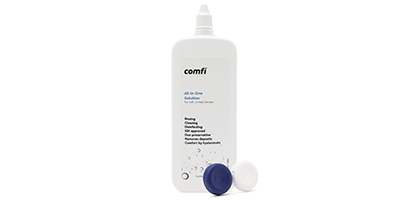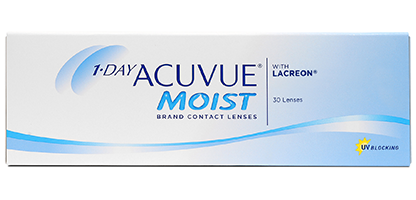Is it harmful to wear contact lenses?
Wearing contact lenses is generally safe. The main risks come from factors like incorrect fitting, poor hand hygiene, and not following instructions. It's essential to clean your hands thoroughly before handling lenses to prevent transferring bacteria. When inserting or removing lenses, use clean water and soap to wash your hands and dry them thoroughly with a lint-free towel.
Proper storage is crucial for those using two-weekly, monthly, or yearly lenses. Clean, disinfect, and store them each night before re-inserting in the morning. Using a multi-purpose solution is a cost-effective and convenient way to care for your lenses. This type of solution is perfect for both cleaning and storing the lenses. You can use hydrogen peroxide solution or multipurpose solution for cleaning and storing your lenses, check with your optician which solution is most suitable for you. Saline solution is great for rinsing your lenses before inserting, and it can also be used to store your lenses temporarily (such as when you want to go for a swim/shower). Please note that saline solution doesn’t have any disinfecting properties, therefore, after storing your lenses in saline solution they must be properly disinfected before they are worn again.
To minimise risks, consult a qualified optician who can check the fitting of your lenses and schedule regular check-ups.

 Offers
Offers Account
Account
 Favorite
Favorite
 Basket
Basket

 OFFERS
OFFERS


















